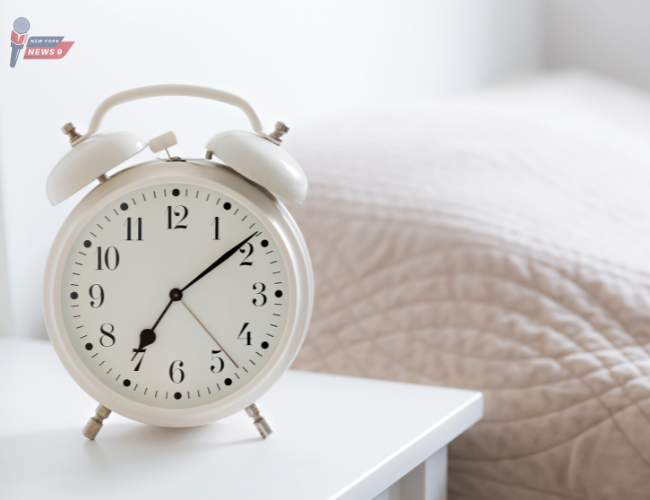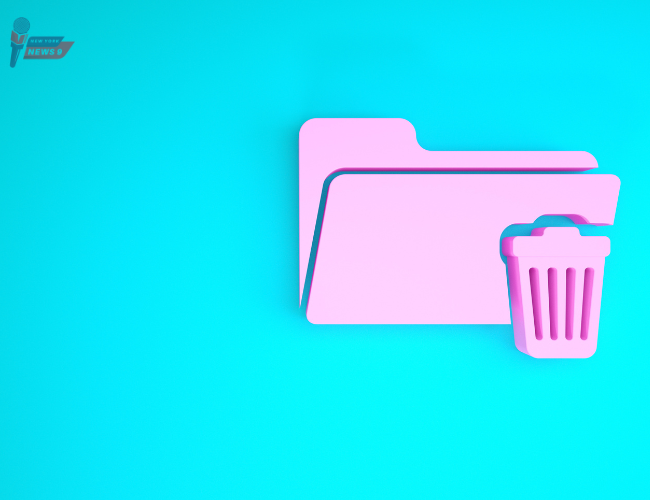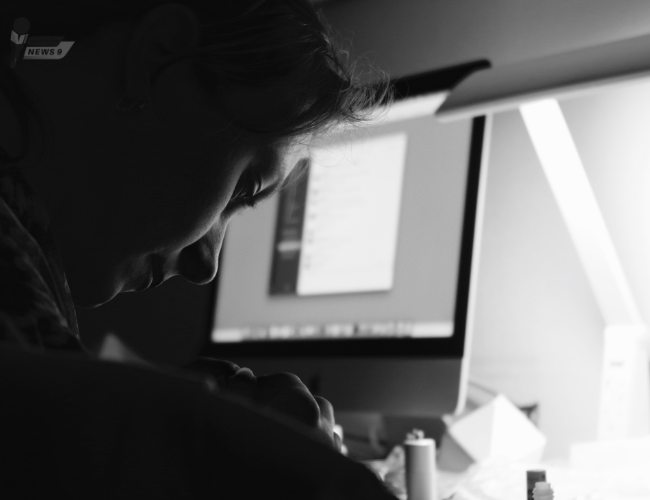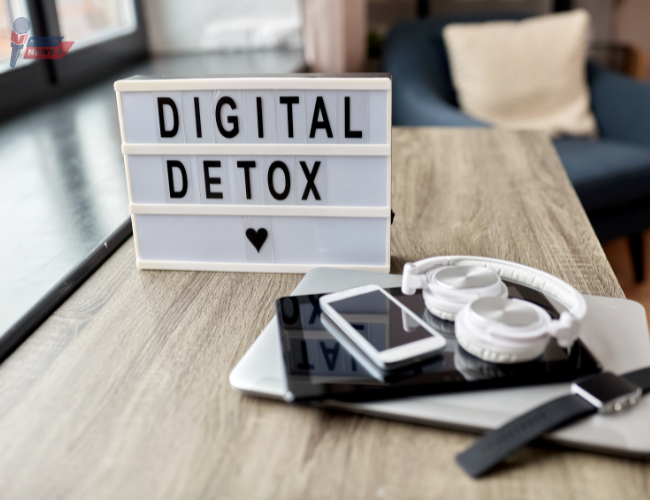A digital detox is a mindful break from technology, allowing us to recharge, reconnect with the real world, and achieve a healthier balance.
20 effective digital detox tips to help you achieve a more balanced and fulfilling life
In today’s hyper-connected world, digital devices have become an integral part of our daily lives. While they offer numerous conveniences and entertainment options, excessive screen time and constant connectivity can take a toll on our mental and physical well-being.
Set boundaries
Determine specific times of the day when you’ll disconnect from digital devices, such as during family dinners, before bedtime, or in the morning during breakfast. This will create opportunities for genuine human interactions and allow you to focus on other aspects of life.
Prioritize sleep

Make a habit of avoiding screens at least an hour before bedtime. Engage in calming activities like reading a physical book or practicing relaxation techniques to ensure a more restful sleep.
Uninstall social media apps
Remove social media apps from your smartphone to resist the urge to mindlessly scroll through feeds. Access these platforms only through a web browser on your computer, which will limit their accessibility and make you more intentional about using them.
Limit notifications
Disable non-essential notifications on your smartphone and other devices. By doing so, you’ll minimize distractions and be able to concentrate better on the task at hand.
Try an analog alarm clock

Replace your smartphone’s alarm with an analog clock. This way, you won’t be tempted to check notifications as soon as you wake up, allowing you to ease into the day with a clearer mind.
Embrace analog hobbies
Explore activities that don’t rely on screens, such as reading physical books, writing in a journal, sketching, or playing board games with family and friends. These hobbies provide a tangible sense of accomplishment and promote face-to-face interactions.
Designate tech-free mealtimes
Create a rule for yourself and your family to keep smartphones and other devices away during meal times. Engaging in uninterrupted conversations during meals strengthens relationships and fosters a deeper connection with loved ones.
Take regular breaks
Whether you’re at work or enjoying leisure time, schedule short breaks every hour or two. Use this time to step away from screens, stretch, go for a short walk, or engage in breathing exercises to refresh your mind and prevent burnout.
Engage in nature
Spend time outdoors regularly, away from digital distractions. Nature has a calming effect on the mind and can help reduce stress and anxiety.
Digital declutter

Set aside time every month to review and delete unnecessary files, emails, and apps. This practice will streamline your digital life and make it easier to find what you truly need.
Use a physical planner
The transition from digital calendars and to-do lists to a physical planner or journal. Writing things down manually can enhance memory retention and increase focus.
Practice mindfulness
Incorporate mindfulness practices like meditation or deep breathing exercises into your daily routine. These practices help reduce stress, increase self-awareness, and improve overall mental well-being.
Engage in physical activities

Find physical activities that you enjoy, such as joining a sports club, going for a hike, biking, swimming, or participating in a dance class. Regular exercise is essential for both physical and mental health.
Opt for e-books and audiobooks
If you’re an avid reader, consider using e-books or audiobooks instead of reading on a screen. E-ink displays on e-readers and audiobooks reduce eye strain compared to backlit screens.
Socialize in person
Make an effort to meet friends and family in person. Plan outings, attend local events, or join hobby groups to foster meaningful, real-life connections.
Establish digital-free days
Designate one day per week or month as a complete technology detox day. Use this time to engage in activities you genuinely enjoy, reconnect with hobbies, or spend quality time with loved ones.
Turn off devices one hour before bedtime
Create a bedtime routine that doesn’t involve screens. Consider reading a book, meditating, or taking a warm bath to unwind and prepare your mind for restful sleep.
Disable autoplay on streaming services
Prevent binge-watching sessions by disabling autoplay on streaming platforms. This will prompt you to consciously decide when to stop watching, preventing excessive screen time.
Use a grayscale display

Many smartphones offer a grayscale mode, which can make your screen less visually stimulating. This can help reduce the temptation to mindlessly scroll through colorful apps.
Reflect on your progress
Regularly evaluate how the digital detox is positively impacting your life. Acknowledge the improvements you’ve experienced in productivity, focus, and overall well-being, and adjust your habits accordingly to maintain a balanced approach to technology use.
Take away
Remember that the goal of a digital detox is to find a healthy balance that suits your lifestyle and needs. You don’t have to adopt all these tips at once; start with a few that resonate with you and gradually incorporate more as you see fit. By making conscious choices about your digital habits, you’ll be better equipped to create a balanced and fulfilling life in our increasingly digital world.
By NYNews9 & ChatGPT











